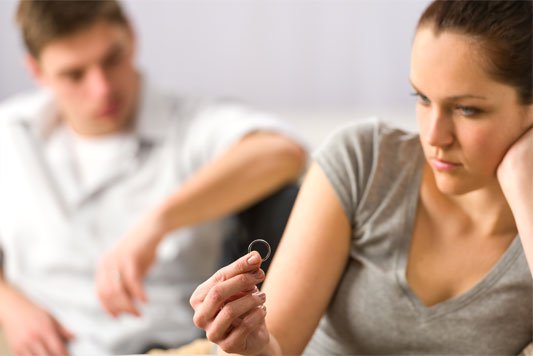In the cultural narrative of sexual addiction, all attention gets focused on the person struggling with the addiction. The spouse or partner is often pushed to the side. When attention is directed to the spouse it is often accompanied by either pity or blame.
Researchers have long identified our culture’s pathogenic fascination with sex.
Of greater interest than the personal pain and unrelenting stress put on the family system by the addictive process, is the salacious and titillating details of acting out behavior.
Sexual behavior is indulged in secret and but shamed in public. Public shaming associated with sexual addiction spills over to the spouse.
Shaming is always an inappropriate and destruction response to human struggle of any kind. When this reddens the emotional experience of the spouse of a person struggling with sexual addiction, the harm is compounded.
“But I did nothing wrong!”
This cry of the spouse is rarely heard, and if heard, hardly acknowledge, affirmed, and validated. Using an outdated model from substance addiction treatment, some therapists may even “diagnose” the partner as “co-addicted” or “co-dependent”.
This label is not helpful. It may cause additional harm. And it most certainly distracts the spouse from the real work.
A more helpful track to purse is to assess the partner for symptoms of PTSD. Some argue that up to 70% of spouses come out of the experience of initial disclosure and ongoing deceit with trauma. What is the proper work that needs to be addressed when a spouse finds herself partnered with someone who has betrayed, deceived, and who has continuously disappointed her to the point of despair?
In treating sexual addiction, the traditional model pursues an addict-centered approach. Once again, this inheritance from substance addiction treatment neglects the challenge of spousal trauma.
It also misaligns the role of the partner in sexual addiction treatment. The spousal role is NOT to support the person who struggles with the addiction. The appropriate role — especially in early recovery — is to commit to her own journey of recovery.
Image by Gisela Giardino

